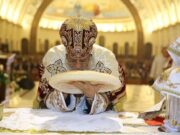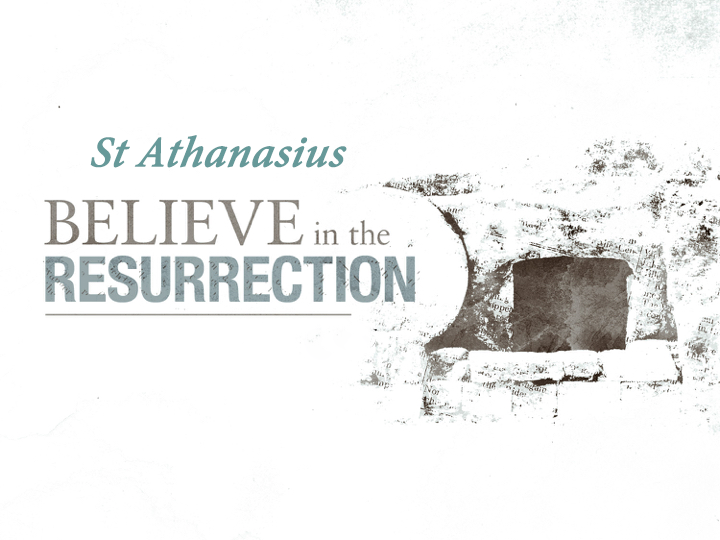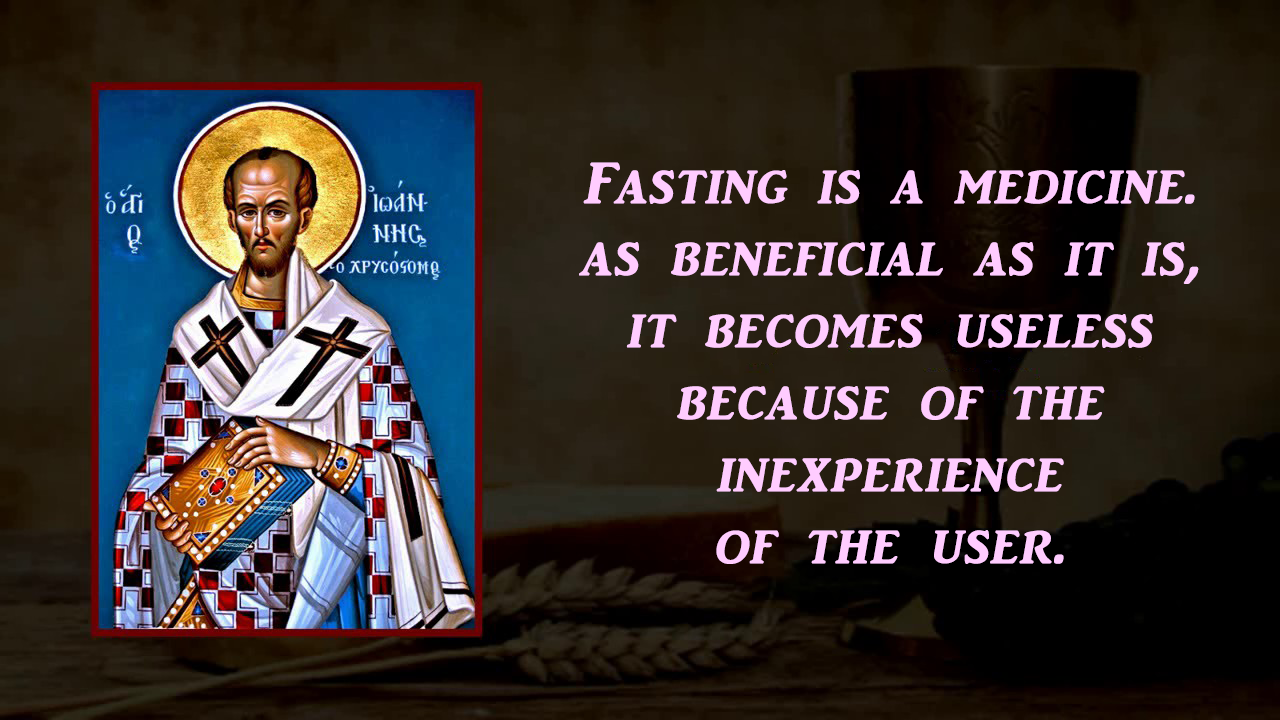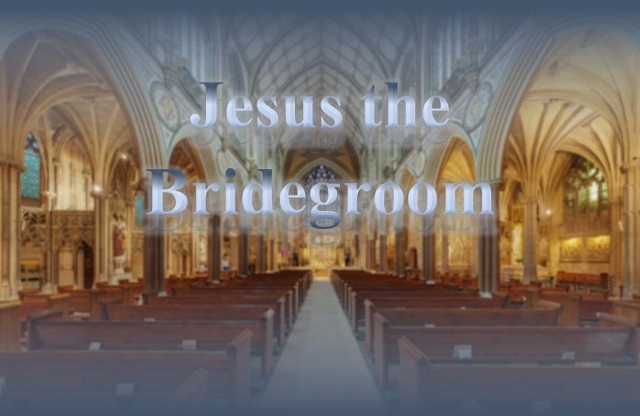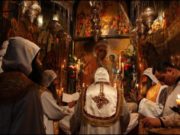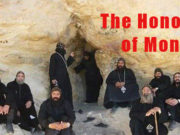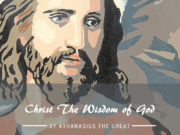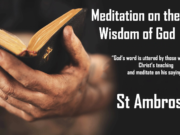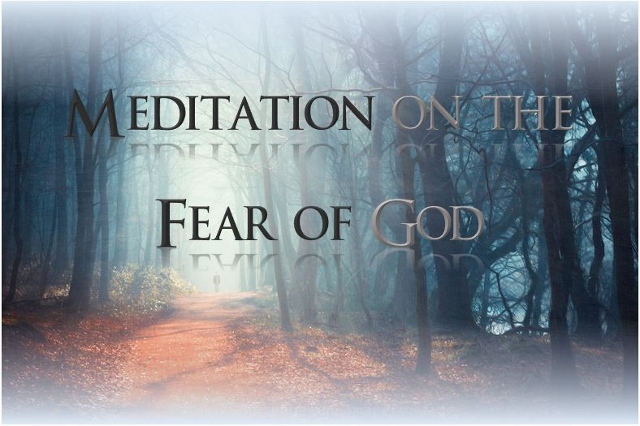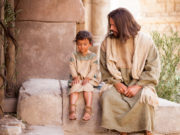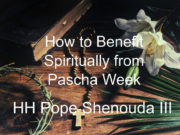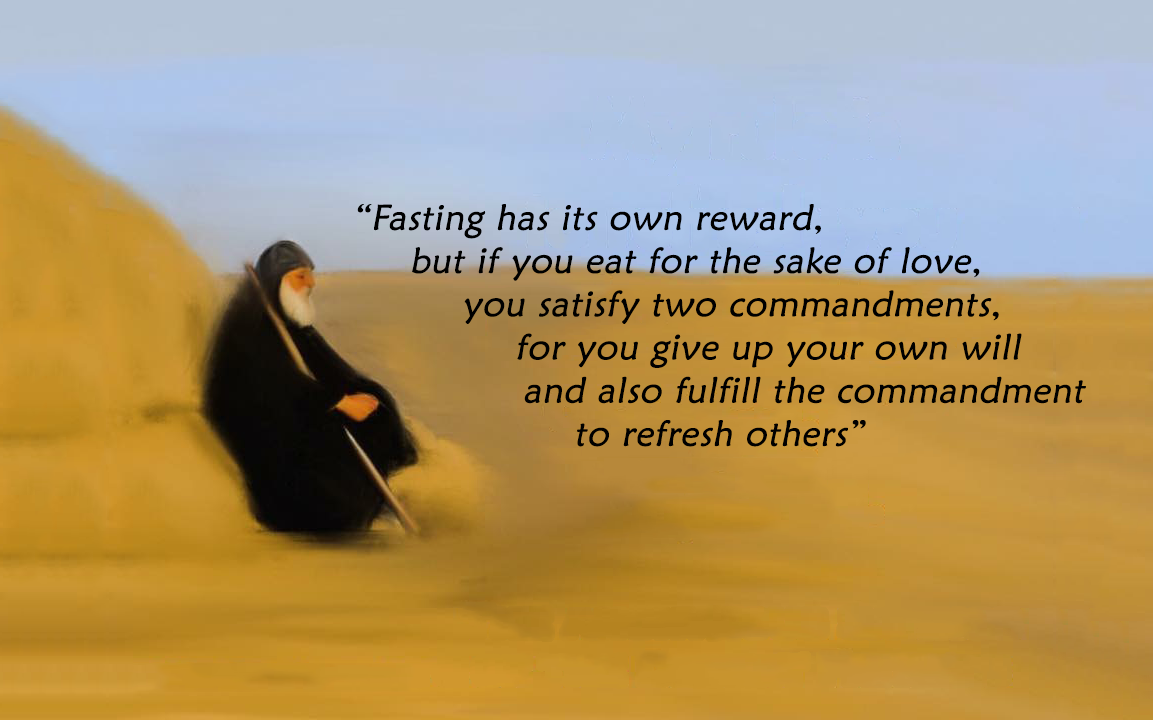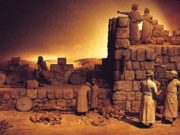
“Solitude precedes prayer and is practiced by prayer, and from the two we grasp the love of God…”
– Mar Isaac the Syrian
If you saw a healthy and fruitful tree and wished to know the secret of its vitality and abundance, no doubt your thoughts ought to turn to the nutrition that are hidden deep in its roots. Such is the case of the believer; that there can be no life of fruitful vitality in him without him having a hidden room, a place of escape and refuge that springs into his depths the nourishment for his growth and vitality. For this reason, the Lord’s command to every believer: “…go into your room, and when you have shut your door, pray to your Father who is in the secret place; and your Father who sees in secret will reward you openly.” (Matt. 6:6) Such is the importance of this spiritual solitude that the Lord Himself “often withdrew into the wilderness and prayed” (Luke 5:16) to become the living model for those in His flock.
The spiritual solitude is, in its simplicity, a quiet sit down with the Lord Jesus away from the turmoil of the world and the worrisome troubles of life, and in it you hear the divine melody of God as He converses with you through your prayer and the verses of Holy Scripture. The bride in the Song of Solomon, representing the human soul, rejoiced at these instances of quiet retreat to be with her beloved: “Like an apple tree among the trees of the woods, so is my beloved among the sons, I sat down in his shade with great delight, and his fruit was sweet to my taste.” (Song 2:3) She left all to sit under the shadow of the Beloved, delighting in the sweetness of His words. Do you not understand, faithful brother, that to sit at the feet of the Lord is the greatest destiny of the believer? This the Lord clarified when He said to Martha: “…you are worried and troubled about many things. But one thing is needed, and Mary has chosen that good part, which will not be taken away from her.” (Luke 10:41-42)
The importance of this sitting at the feet of the Lord, or the spiritual solitude, is found in its underlying meaning as an escape to the bosom of God the Father. As the children of Israel turned their back to Egypt, and fled east, towards the promise of freedom, so is every soul that consciously escapes to its inner room and begins the wrestle for the freedom granted by the redeeming Christ. It is, without doubt, one of the essential rituals by which we may “come boldly to the throne of grace, that we may obtain mercy and find grace to help in time of need.” (Heb. 4:16) Although it is by an act of divine grace that the delights of the spiritual solitude are enjoyed, there are a few factors that man can contribute, in order to share in the working of the divine grace. These include: the time-of-day, the space and the programme.
Time: Some prefer the time of solitude to be at night, right before the jump into bed, thanking God for the day that just lapsed and “[telling] Him all that they had done”. Others prefer the late afternoon period or during the evening sunset. However, without doubt, the most beneficial time for the spiritual solitude is early in the morning, with the rise of the sun and the beginning of a new day to be lived and won. It is the time when the mind, as well as the body (when it shakes the scales of sleep off), are at their most vibrant. “My voice You shall hear in the morning, O Lord, in the morning I will direct it to You…” (Psalm 5:3) was the cry of David in his psalms, and his heart was found as that of God’s. Abba Yoannis, the late bishop of Gharbeia, Egypt, states: “It is befitting for the disciple to have appointed times when he may meet with his teacher the Lord Jesus. It is befitting that His name be the first upon our thoughts. It is meet to give the Lord the first-fruits of the time, that is the early hours of the day, because it becomes difficult to give attention to the holy thoughts once we are overtaken by our daily work.”
Space: The practice of the spiritual solitude ought to have its own specific place that is known through by you; constant and unchanging; your very own rock. A rock that is able to both, support the power of your metanoia, and propel you to the heavenly bosom; a small symbol of the true Rock of Salvation that sustains us. The actual place ought to be quite so as to enable attentiveness in prayer and reflection. If such a place is not found in the house, search for it in a nearby church or monastery or garden or hill. Wherever you can get up and follow Christ as “…He [goes] out and depart[s] to a solitary place; and there He pray[s]” (Mark 1:35).
Programme: Even though many are convinced of the importance, even necessity, of the quite time with the self, many do not know how to practice it in truth. For this reason, many neglect continuing in its path or simply do not benefit from it. If practised correctly though, in wisdom and obedience, coupled with perseverance, the believer is bound to reap bountiful fruits to present to the Beloved. The programme of the practice consists of roughly four stages: invocation of the heart, contemplation on the Word, supplication and prayer, and conclusion.
Mar Isaac the Syrian says: “before approaching unto God in prayer, prepare what is necessary”. The invocation, or the preparation, of the heart to approach the Holy One involves the spiritual removal of the earthly sandals in order to stand on the holy ground. In this initial stage, clean the intellect with a few hymns that you might recall from innocent childhood and Sunday School. If you can’t remember any, then learn. Melody and music is the language of angels; talk the angelic language before approaching the King. The canonical prayers of the hours, the Agpia, provide the framework to learn the heavenly accent. Another powerful weapon is the metanoia, which is vital in cleansing the space of any demonic dirt that may be lying on the floor; a set number of prostrations, in lieu of your health and ability, is a necessity. Perhaps obtain for yourself an icon of Christ that appeals to you and simply stare at it, contemplating the mystery that lies behind it (read of Abouna Bishoy Kamel and his love of the Icon of the Cross). Another trick is to introduce yourself to the host of saints, martyrs and angels who accompany us in this journey. Perhaps read the story of a different one each day. Perhaps sing a bit of the Midnight Psalmody (tasbeha). Or perhaps, simply pray that prayer that captivated many of them; the mighty Jesus Prayer. Any or all of these things can be picked up gradually to allow us to simply stand before God in prayer.
After the invocation of the heart to awaken, read and contemplate on the Holy Scripture and allow the effervescent Spirit to enlighten the intellect and stir that drowsy conscience. Be careful, dear brother, not to just read. But dwell on the deeper spiritual meaning of the letter. Plead alongside the psalmist: “open my eyes, that I may see wondrous things from Your law” (Psalm 119:18). Perseverance, and patience on the grace of God, will bring with them the revelation of these wondrous things. After reading and contemplating, allow what you have read to direct your supplication and prayers. If you just read about the mercy of Christ towards the sinner, plead for mercy for yourself. If you just read on Christ’s humility in association with the poor and lowly, intercede on behalf of the poor, the sick and the helpless. The crucifixion and the holy passion should remind you of the struggling church, oppressed in the world. His very incarnation and submission to the Theotokos ought to inflame our hearts in prayer for our own families and friends. In this manner, one unites with Christ in supplicating for the world before God the Father. Finally, conclude with gratitude! Chain your soul with purpose for the day ahead. Vow that in the coming day, you will practice a certain virtue, or learn a certain hymn, or reconcile a certain mistake.
If practiced in such a manner, the spiritual solitude can become a spiritual discipline that maintains the very spirit of a man. By enlivening him thus, it introduces the cradle-Christian to Christ and allows him to truly live, and as St. Irenaeus wrote, “the joy of God is in a human being who is fully alive”.





